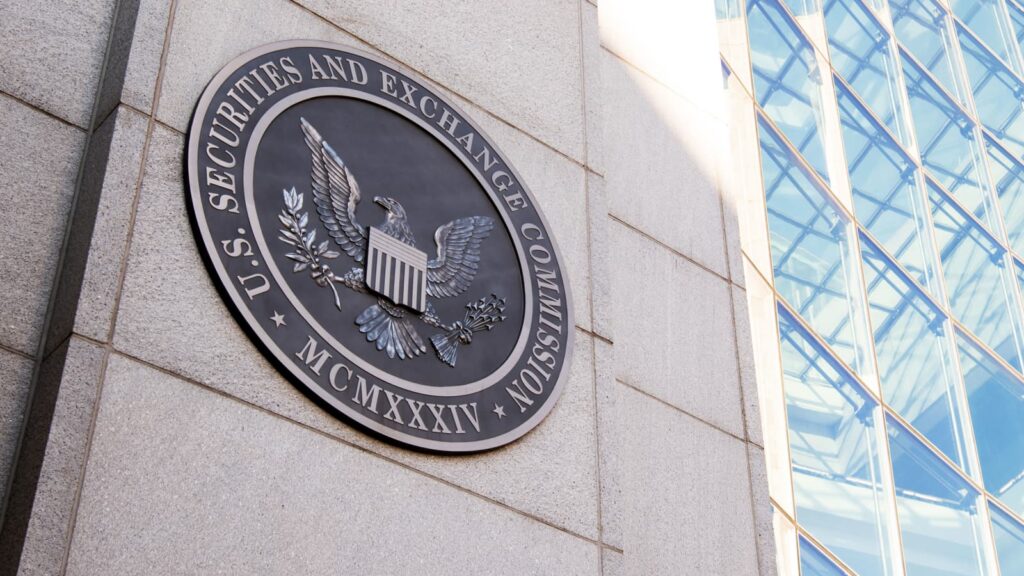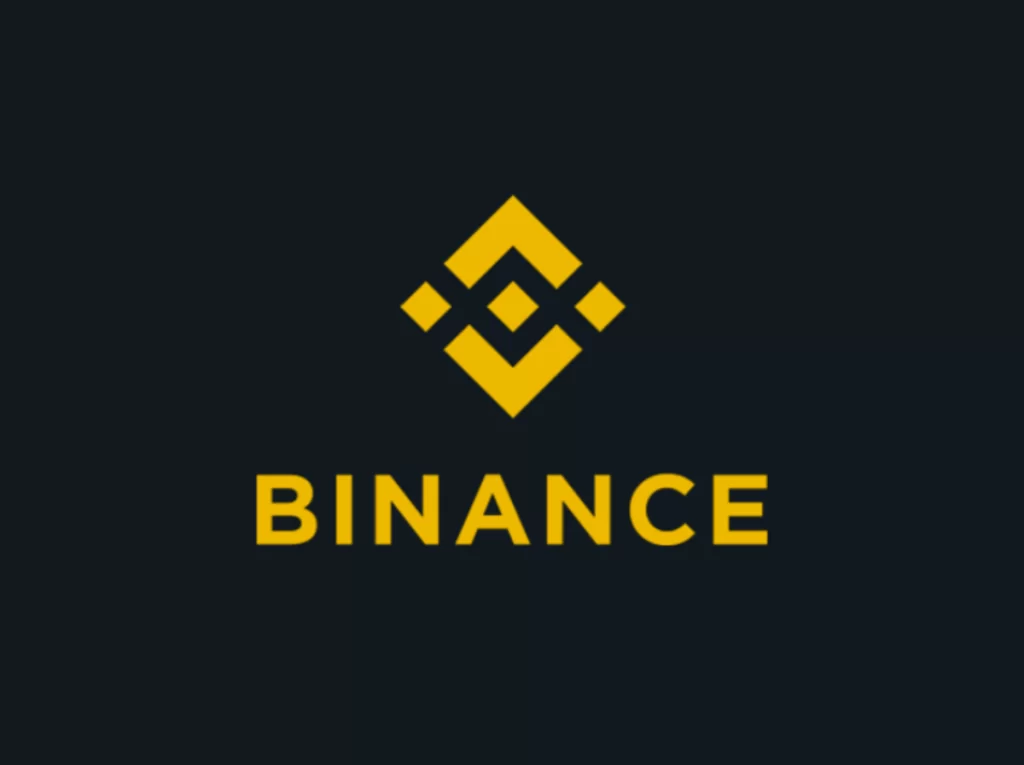Trump the Felon (TRUMPFEL) is a newly launched memecoin on the Solana blockchain, and it has the potential to become a mainstream coin, like Dogecoin (DOGE) and Shiba Inu (SHIB).
An early buyer of Trump the Felon (TRUMPFEL) has generated a profit of almost 3,000%, turning a $170 investment into over $5,000.
The shrewd investor made the purchase several hours after TRUMPFEL began trading on Raydium, and he hasn’t sold any of his tokens yet, as the price of Trump the Felon is expected to rise another 15,000% from its current price.
In fact, most buyers of TRUMPFEL are deciding to hold onto their tokens and wait for further gains in the coming days and weeks, rather than realize their current profits.
TRUMPFEL will be listed on KuCoin, one of the largest centralized exchanges in the world, in July – and this is a massively bullish development for the token, as millions of new investors will easily be able to buy Trump the Felon.
In around 24 hours after launch, Trump the Felon rallied over 4,200% to reach a market cap of $1.1 million – and it is expected to soon hit a $70 million market cap.
Currently, Trump the Felon can only be purchased via Solana decentralized exchanges, like Jupiter and Raydium, and early investors stand to make huge returns in the coming days.
To buy TRUMPFEL on these platforms, users need to connect their Solflare, MetaMask or Phantom wallet, and swap Solana for Trump the Felon by entering its contract address – DspvMmTQrMCdaesTCFPf4PPGQxxRf2UPmj5b6CRUdaQf – in the receiving field.
Early investors could make returns similar to those who invested in Shiba Inu (SHIB), Dogecoin (DOGE) and Bonk (BONK) before these memecoins went viral and exploded in price.
If this happens, a new wave of memecoin millionaires could be created in a matter of weeks – or potentially even sooner.







